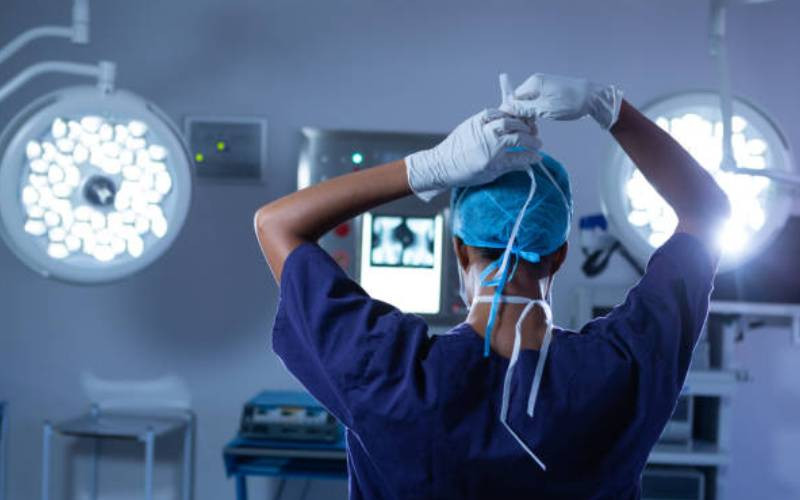
Infection prevention and control (IPC) processes and procedures are used in health care settings to prevent patients and health workers from being harmed by hospital-acquired infections, antimicrobial resistance, and infectious disease outbreaks.
Examples of IPC measures include hand washing, environmental cleaning, and wearing personal protective equipment (PPE) such as masks and gloves.
Healthcare workers have a high risk of contact with infectious agents due to the nature of their work, hence possibilities of contamination. They should protect themselves and their patients from potentially deadly germs by cleaning their hands.
As a patient in a healthcare setting, you are at risk of getting an infection while you are being treated for something else. Patients and their loved ones can play a role in asking and reminding healthcare providers to clean their hands. Your hands can spread germs too so protect yourself by cleaning your hands often.
Practicing hand hygiene is a simple yet effective way to prevent infections. Cleaning your hands can prevent the spread of germs, including those that are becoming difficult to treat. On average, healthcare providers clean their hands less than half of the times they should.
When performed correctly, hand hygiene results in a reduction of microorganisms on hands and contributes to prevention of healthcare-associated infection and improved patient safety.
Communicable diseases
Infection prevention and control (IPC) in health facilities should be given a priority to improve hygiene and behaviour change, in delivering evidence-based interventions to improve personal and environmental hygiene to reduce Covid-19 spread and other communicable diseases.
Personal Protective Equipment (PPEs) is commonly used in health care settings such as hospitals, clinical laboratories and health care offices. When used properly, PPE acts as a barrier between infectious materials such as bacterial and viral contaminants and your nose, skin, eyes or mouth.
Health care workers should use PPEs especially when handling patients. With the already existing outbreaks of hygiene-related diseases in the country, the role IPC committee is significant in ensuring that both the health care workers and the patients are safe.
When used properly and with other infection control practices such as hand-washing, it minimises the spread of infection from one person to another.
With IPC committees' commitment in ensuring the health care workers are protected from infectious diseases and also the patients from contacting infectious and hygiene-related illnesses such as cholera and dysentery which is a major cause of child death in Kenya.
-Ms Mwangi is a communication and public relations expert, HBCC Project-Amref
 The Standard Group Plc is a multi-media organization with investments in media
platforms spanning newspaper print
operations, television, radio broadcasting, digital and online services. The
Standard Group is recognized as a
leading multi-media house in Kenya with a key influence in matters of national
and international interest.
The Standard Group Plc is a multi-media organization with investments in media
platforms spanning newspaper print
operations, television, radio broadcasting, digital and online services. The
Standard Group is recognized as a
leading multi-media house in Kenya with a key influence in matters of national
and international interest.

